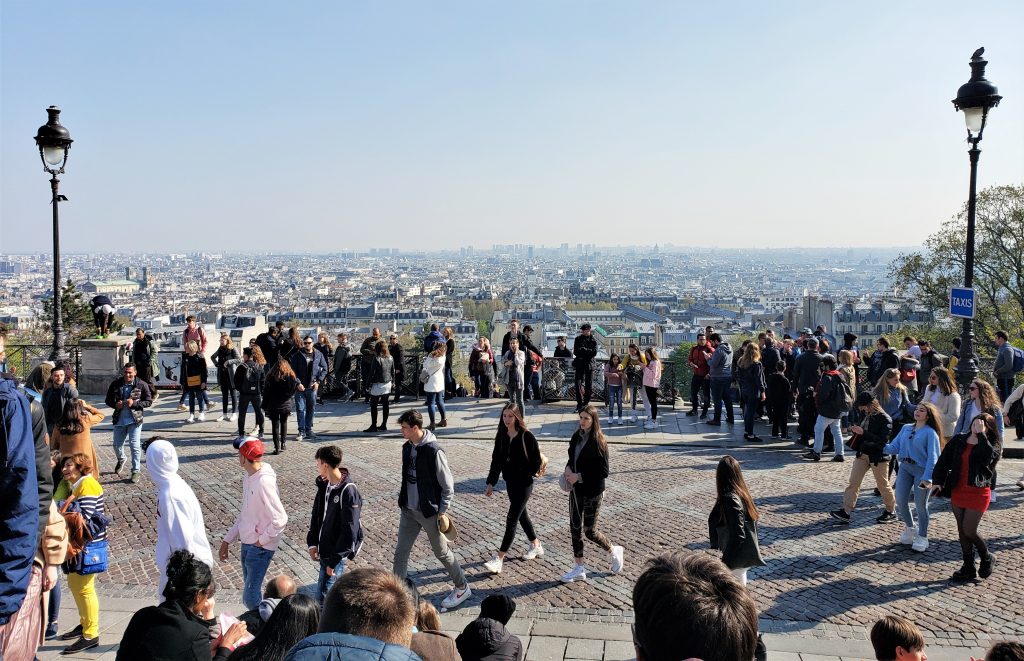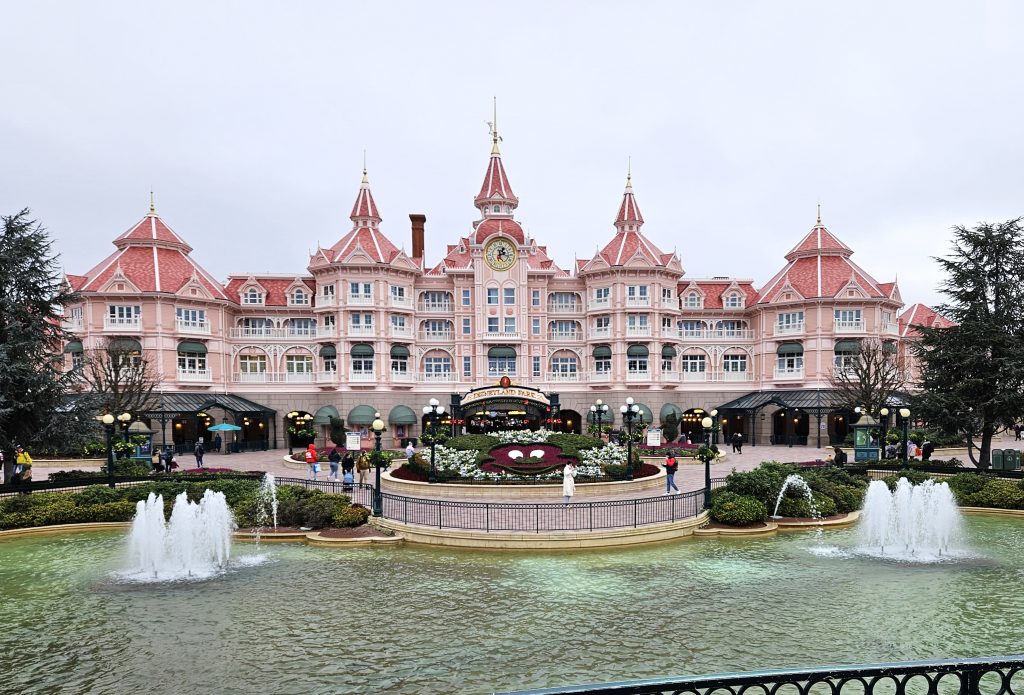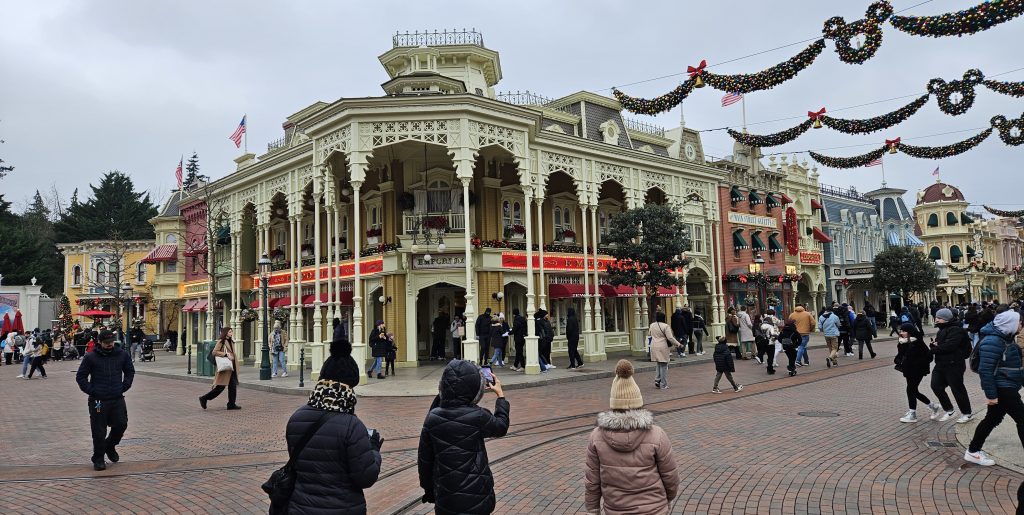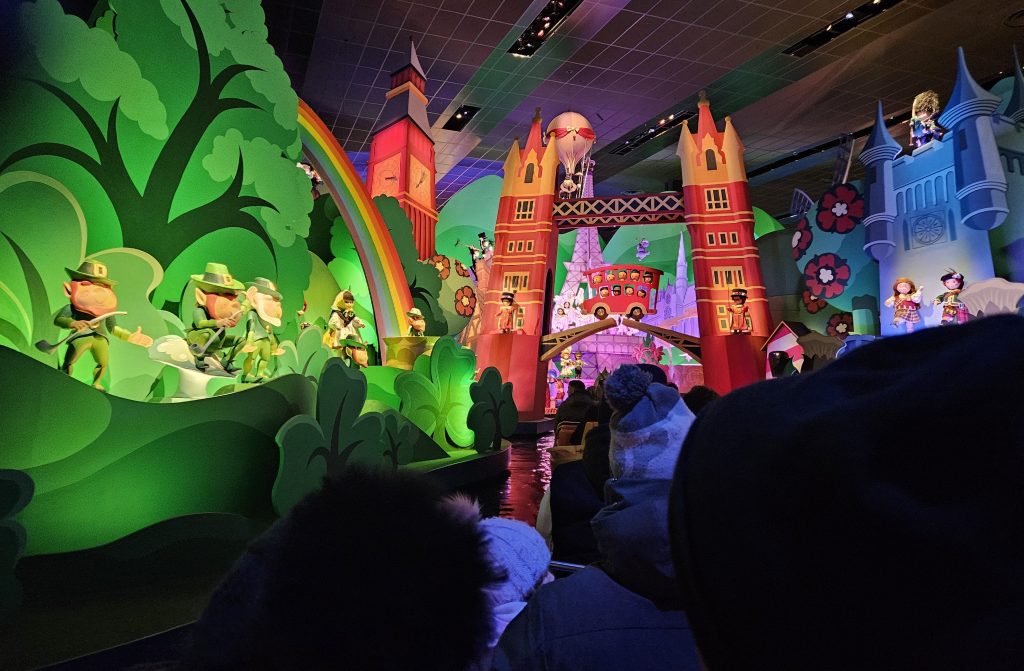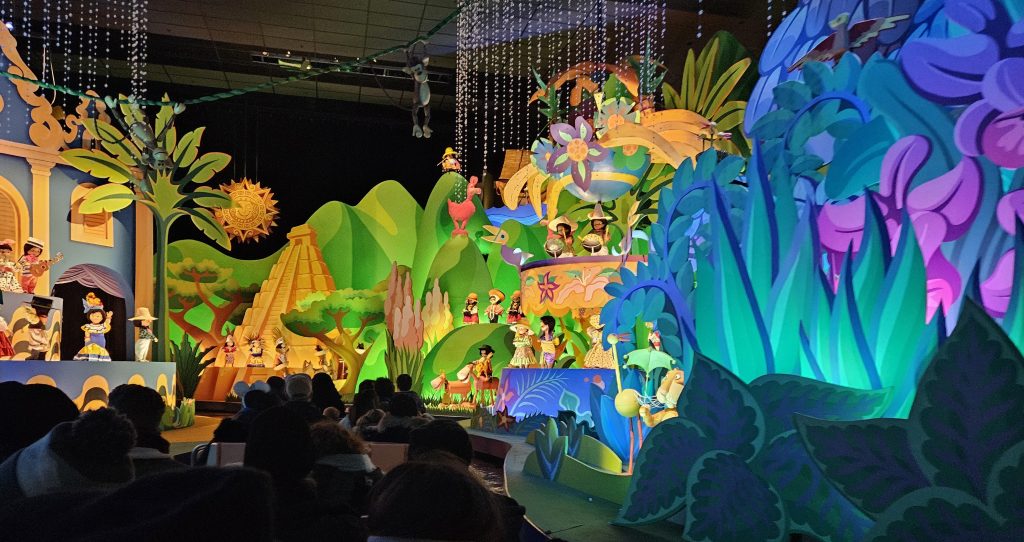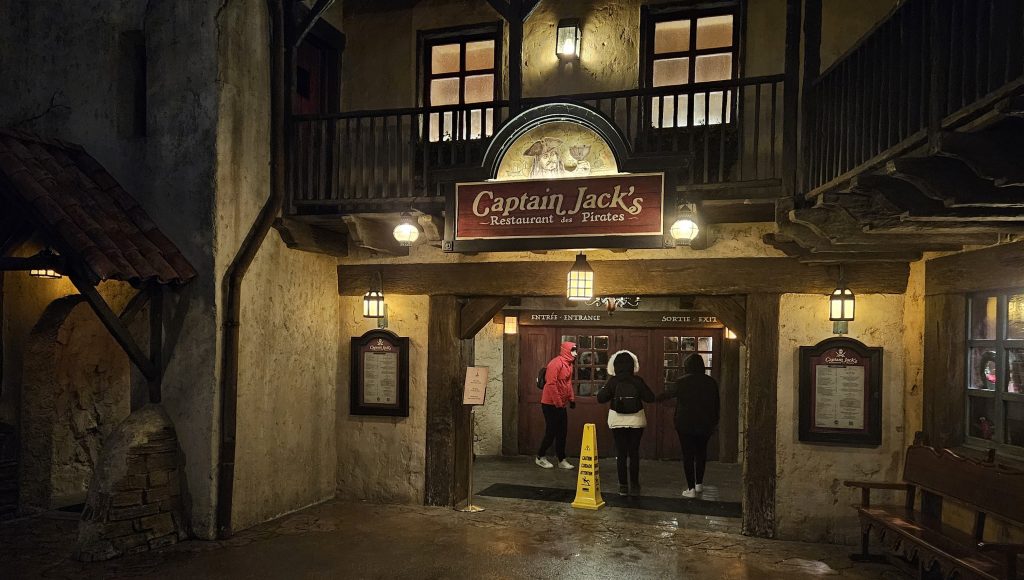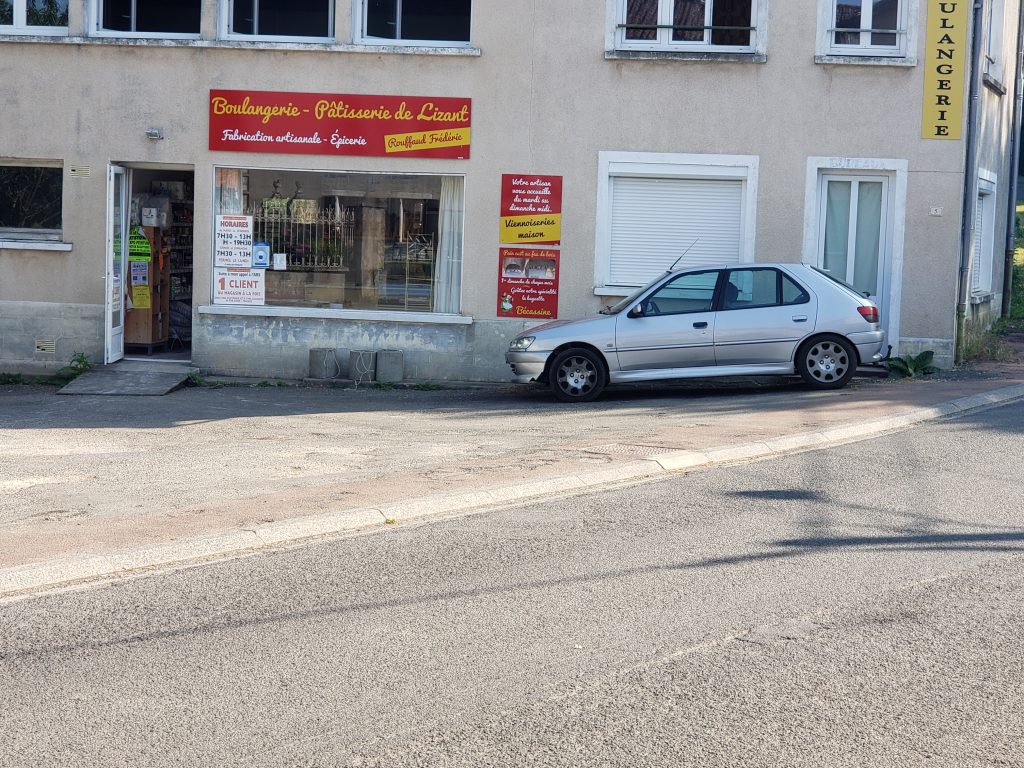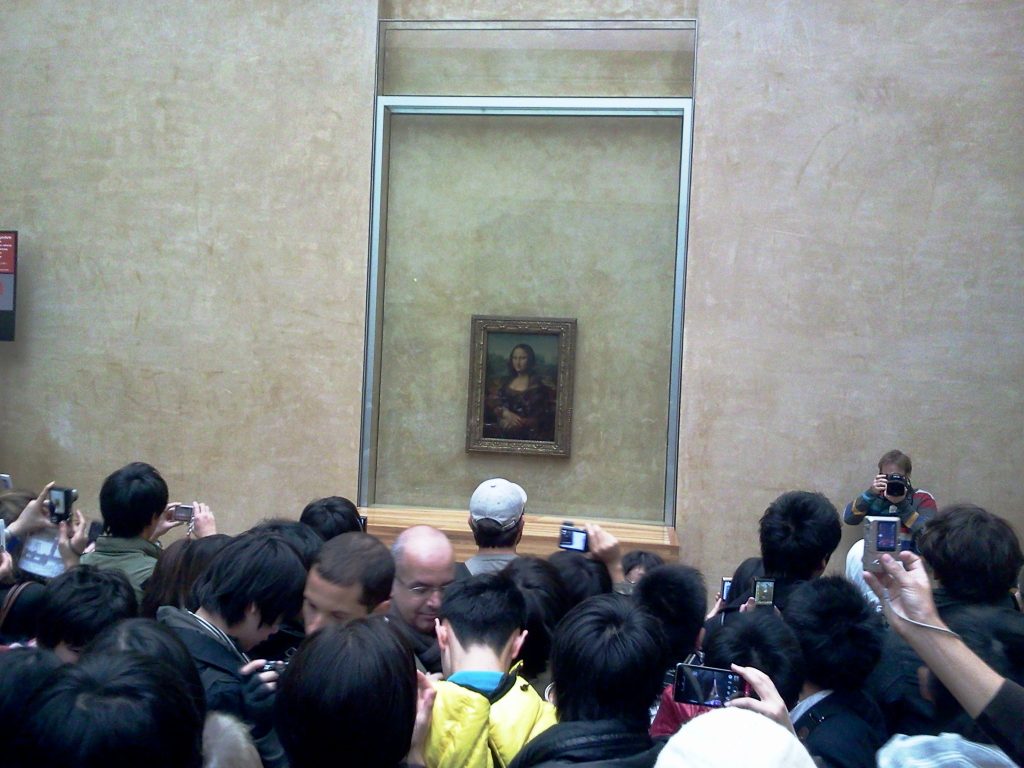
Springtime in Paris? Well, yes to be accurate.
The sound in the title of this post is spring, springing. Last month it was colder than heck for around here (I used to live in Minneapolis, don’t bother with examples of when it gets “really cold.”) Yesterday it was 65 degrees Fahrenheit and sunny. The cranes (grue) have been flying north over Lizant. It’s actually rather pleasant, and not terribly cold even when it rains. This weather is premature, but I haven’t heard any complaints. Maybe next summer the weather will continue to smile upon us and it won’t get up to 30 degrees Celsius every other week like it did last year. Maybe.
My French is improving. I had my medical exam for my Titre de sejour, residence card, last Tuesday. So on Monday I had to drive to Poitiers, about an hour away, to go to a French equivalent of a county hospital to get a chest X-ray taken. Then on Tuesday morning I walked into what we’d call a “Class C office building” again in Poitiers, with uncertain lighting and disturbingly bland decor, at 9:25 in the morning. At 11:55 I walked out again, having had a six minute interview with a nurse, and a fifteen minute interview with a couple of doctors. I’m telling you here and now, if you want to live in a particular country, be sure to be born there. It’s a lot less aggravating. I’ve since applied online for my official “can you live in France?” interview, which should be easy enough to pass. I had to send them many of the same documents I had to send the agency that gives out visas. France has a huge bureaucracy, with many branches, and apparently no two branches do much effective communicating with each other. This is itself very encouraging, as a scary situation would be where you give your documents to just one office, and the entire government apparatus knows all about you. I tell myself that while awaiting another step in a bureaucratic dance.
Besides awaiting that appointment, I await eagerly my carte sanitaire, or health insurance card. French healthcare is priced according to income, and they do not include pensions. Our income being all pensions at the moment, it should be cheap enough, huh? I applied in October, sent further documentation in late December, and as soon as I receive the card I plan to visit my French doctor, if only because I promised those doctors in Poitiers that I would do so. I do believe that there is no way that one could overestimate the ubiquity of French bureaucracy. But, what the heck, I do like living here.
Speaking of which, I’m considering reviving my “Grumpy American Moves to France” YouTube channel. Please let me know if you’d be interested in such a thing. If you want to check out what it was a couple of years ago, click here: (483) A Grumpy American Moves to France – YouTube

